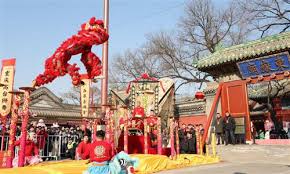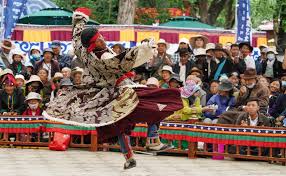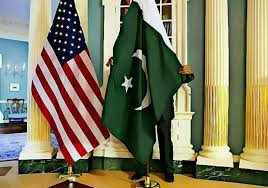Italy: COVID curbs tightened but no lockdown
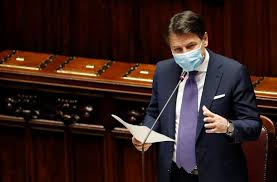
Rome: Italy will tighten COVID restrictions but is holding back from re-introducing a nationwide lockdown, Prime Minister Giuseppe Conte said on Monday as infections, hospital admissions and deaths surge.
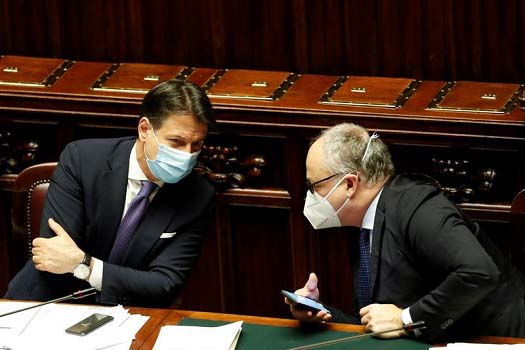
Conte told parliament tougher measures, including curbing travel between the worst-hit regions and a nighttime curfew, were now needed given the resurgence of the virus.
Italy’s daily tally of infections has increased 10-fold over the last month and hovered around 30,000 in the last few days, while hospital admissions, intensive care occupancy and deaths have also risen steeply.
“Despite our efforts … the evolution of the epidemic in the last few days is very worrying,” Conte said, warning that
intensive care units would be overwhelmed in 15 of Italy’s 20 regions by next month unless tougher action was taken.
“We must intervene with more stringent measures,” he told the Chamber of Deputies, saying the country would be divided into three areas depending on the risk level, with certain places facing tighter restrictions than others.
Italy, the first European country to be hit hard by the virus, has recorded more than 38,000 deaths since the outbreak first emerged in late February, the second highest toll in the continent after Britain.
The latest measures will be included in a government decree to be issued in the next few days, the fourth such decree adopted in less than a month as Conte has progressively ramped up his efforts to slow the epidemic with little success.
He did not spell out which measures will be imposed on the worst affected areas, but said stronger nationwide restrictions would include the closure of shopping centres at weekends and reducing the capacity limit on public transport to 50% from 80%.
He also announced a nationwide night curfew but did not say when it would take effect. Gyms, cinemas and theatres are already shut all over Italy, bars and restaurants must close at 6 p.m., people must not host more than six guests in their homes and masks are obligatory outdoors and in public buildings.
Conte said he knew what damage the new curbs would cause to business activity just as it was recovering from Italy’s first lockdown between March and May, but safeguarding health was the only way to help the economy in the medium term.
“The more effective we are in reducing contagion, the faster we will be able to ease restriction and avoid an unsustainable deterioration of our economic and social fabric,” he said.


